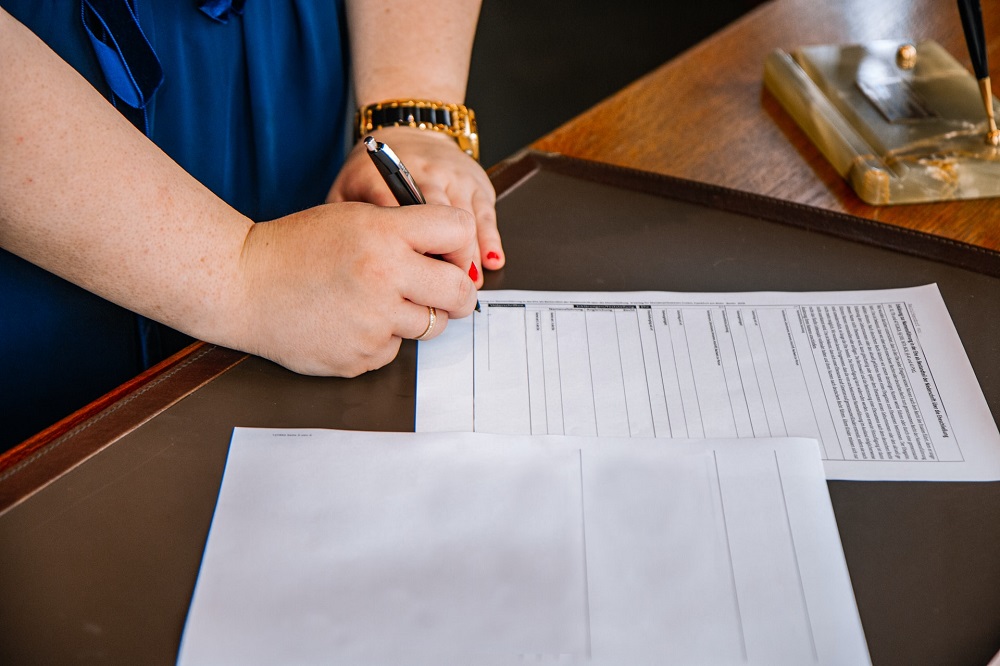
A Lasting Power of Attorney is a legal document giving a person legal authority to make financial decisions or medical decisions on your behalf.
You can appoint a person to either make decisions regarding your health and welfare under a Health and Welfare Lasting Power of Attorney, which will cover things like medical treatment, where you will be treated, and even whether you should receive life-saving treatment (although this will need to be expressly declared in the document). The only time this power can be exercised is when the person granting it has lost mental capacity.
For financial decisions a person can be appointed a Property and Financial Affairs Lasting Power of Attorney. Under this the attorney may have access to bank accounts, power to buy and sell property and manage any financial obligations. This power can be appointed to begin at any time you wish, for example immediately or if you lose mental capacity.
If you wish to make a Lasting Power or Attorney (LPA) then you must be over 18 and have mental capacity. This means that you have the ability to make a decision, from mundane ones such as what to have for lunch, to important decisions such as where to live.
For most people, this will not be a difficult thing to prove or for it to even be questioned. However, there is a two-stage test to ensure a person is deemed to have mental capacity:
By consulting with a solicitor before making an LPA there is less chance of any problems later on, they will also be able to sign it as a certificate provider; a person that can confirm you have understood the implications of an LPA and you have not been put under any pressure to sign it.
There is no limit to the amount of people you can appoint, but issues can arise if you have many people trying to act on your behalf at once. It is advisable however to appoint more than one in case the one person you chose to act is unable to do so for whatever reason, such as their own mental capacity, they cannot be traced when an urgent decision is needed or they die and you are no longer considered as having mental capacity.
If you appoint more than one attorney, this can be done so they act ‘jointly’, whether they have to make decisions together, or as ‘jointly and severally’ whereby they can make a decision on their own with or without the decision of the other.
You may also appoint a person to step in and act as a ‘replacement’ should another attorney be unable to act.
An LPA can help protect couples who have joint accounts that may be frozen if it becomes a concern, to a bank, that one may take control of the account if the other is deemed as having lost mental capacity. In these cases, it can take months and costly legal proceedings to apply to the Court of Protection to become a ‘deputy’, acting as the legal representative for the mentally incapable partner. This also means that an annual supervision fee will be payable to the Court as well as annual accounts prepared and a security bond.
LPAs can also be a very useful tool, especially to those who know they have a medical condition where they know they will be unable to make their own decisions, such as dementia.
Cornerstone Wills are here to help you set up Lasting Powers of Attorney for you or a family member or friend. Speak to our experts today, call us on 01276 415835/6/7